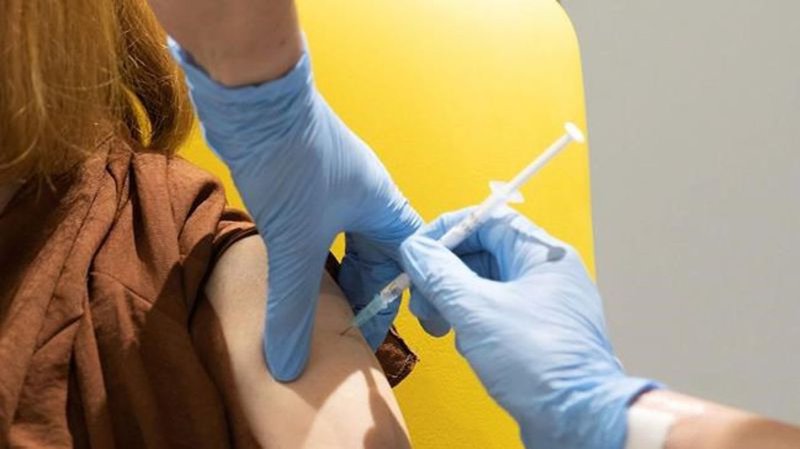
UK approves use of 2nd COVID-19 vaccine with easier storage
LONDON — Britain on Wednesday authorized emergency use of a second COVID-19 vaccine, becoming the first country to greenlight an easy-to-handle shot that its developers hope will become the “vaccine for the world.”
The Department of Health said it had accepted a recommendation from the Medicines and Healthcare Products Regulatory Agency to authorize the vaccine developed by Oxford University and U.K.-based drugmaker AstraZeneca.
Britain has bought 100 million doses of the vaccine, and plans to begin injections within days. Hundreds of thousands of people in the U.K. have already received a different vaccine, made by U.S. drugmaker Pfizer and German firm BioNTech.
AstraZeneca chief executive Pascal Soriot said it was “an important day for millions of people in the U.K. who will get access to this new vaccine. It has been shown to be effective, well-tolerated, simple to administer and is supplied by AstraZeneca at no profit.”


